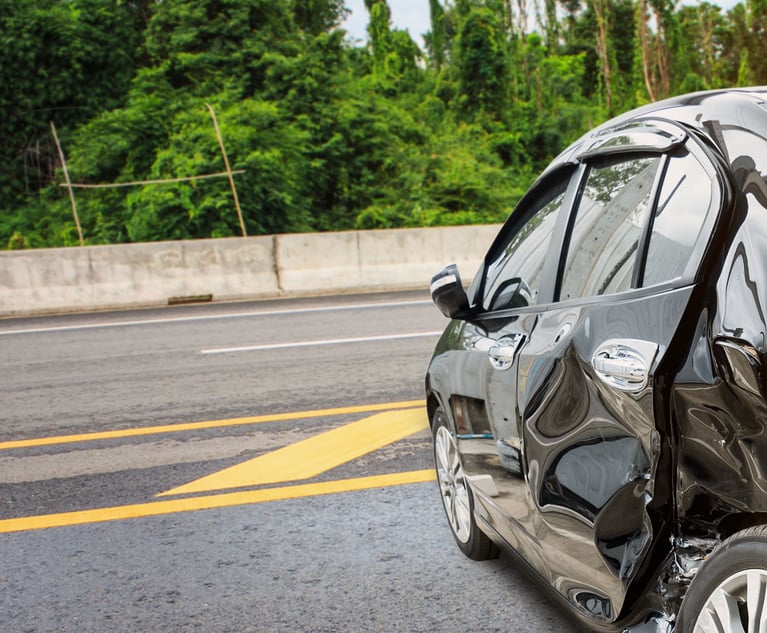Every year fireworks cause seriousinjuries and substantial property damage. According to theNational Fire Protection Association (NFPA),fireworks start an average of 18,500 fires annually, including1,300 structure fires, 300 vehicle fires, and 16,900 outside andother fires. These fires cause an average of three deaths, 40civilian injuries, and $43 million in direct property damage.
|Homeowners' insurance
Standard homeowners' insurance policies include coverage forfires. If someone sets off fireworks that hit your home, you wouldbe covered. Coverage amounts will vary, depending on the policy.Also check for exclusions in the coverage — for example, are shedsor outbuildings covered, or damage to landscaping?
|Fireworks that malfunction and injure a person on your property(other than household members) could be covered under a section formedical payments to others. Coverage limits for no-fault medicalexpenses are usually fairly low. Depending on the policy, thoselimits range from $1,000 to $5,000 worth of coverage. This coveragetypically kicks in if your injured neighbor or friend doesn't havehealth insurance and seeks to recover the medical costs fromyou.
|Lawsuits that are filed against you for fireworks-related issuesare also covered under the liability section of your homeowner'spolicy, whether the issues are with medical treatment, propertydamage, or both. Generally, most homeowners' insurance policiesprovide a minimum of $100,000 worth of liability insurance, buthigher amounts are available. Increasingly, agents and brokersrecommended that homeowners consider purchasing at least $300,000to $500,000 worth of coverage of liability protection.
|Related: 6 simple ways to make your homesafer
|Umbrella or excess liability
You should buy enough liability insurance to protect yourassets. If you own property or have investments and savings thatare worth more than the liability limits in your policy, you mayconsider purchasing an excess liability or umbrella policy.
|Umbrella or excess liability policies provide extra coverage.They start to pay after you have used up the liability insurance inyour underlying home (or auto) policy. An umbrella policy is notpart of your homeowners' policy. You have to purchase itseparately. In addition to providing a higher dollar amount, theyoffer broader coverage.
|There is no coverage for fireworks that injure someone who livesin the home. Coverage for family members is available under aseparate health insurance policy.
||
(Photo: Shutterstock)
|Business operations in a home
Homeowners' policies won't cover business activity with fireworks, such asstoring or selling them. If you are engaging in that business,you'll need to consider a separate business owner's policy. Checkwith your insurer on the coverage that's right for this type ofbusiness.
|Vehicles
Fire or damage to a vehicle caused by fireworks is covered undercomprehensive insurance, an optional auto insurancecoverage.
|Related: 4th of July: Most dangerous summer holiday fordrivers [infographic]
|Keep in mind, if fireworks are illegal in the area where you areusing them, some insurance policies may not cover you. Somepolicies exclude damage resulting from illegal acts, so check withyour insurer.
|Fireworks safety tips
If you plan on using fireworks, here are a few safety tips fromthe AmericanPyrotechnics Association, National Council on FireworksSafety, and the NFPA:
- Obey the law. Don't use fireworks that are illegal in yourstate.
- Keep your pets away from fireworks. Pets have sensitive hearingand the noise can hurt them.
- Keep fireworks away from children. Every year children losefingers in fireworks accidents, and even sparklers burn at up to2,000 degrees, making them extremely dangerous for children.
- Be sure other adults and children are out of range beforelighting fireworks. Never throw or point fireworks at others.
- Use fireworks outdoors only.
- Avoid lighting fireworks on grass or in containers.
- Have water close by. Have a fire extinguisher, hose, or bucketof water handy for emergencies. Drop used fireworks into a bucketof water.
- Look out for tree limbs that could catch fire. Trim vegetationto keep it away from your home.
- Clean gutters that have accumulated leaves, pine needles andother flammable material.
- If you won't be home on the holiday, ask a neighbor to keep aneye on your house if others in your neighborhood will be usingfireworks.
Make sure to have the right amount and type of insurance foryour home and auto to safeguard your finances.
|Loretta Worters is vice president, media relations forthe InsuranceInformation Institute. She can be reached at[email protected].
Want to continue reading?
Become a Free PropertyCasualty360 Digital Reader
Your access to unlimited PropertyCasualty360 content isn’t changing.
Once you are an ALM digital member, you’ll receive:
- All PropertyCasualty360.com news coverage, best practices, and in-depth analysis.
- Educational webcasts, resources from industry leaders, and informative newsletters.
- Other award-winning websites including BenefitsPRO.com and ThinkAdvisor.com.
Already have an account? Sign In
© 2024 ALM Global, LLC, All Rights Reserved. Request academic re-use from www.copyright.com. All other uses, submit a request to [email protected]. For more information visit Asset & Logo Licensing.








